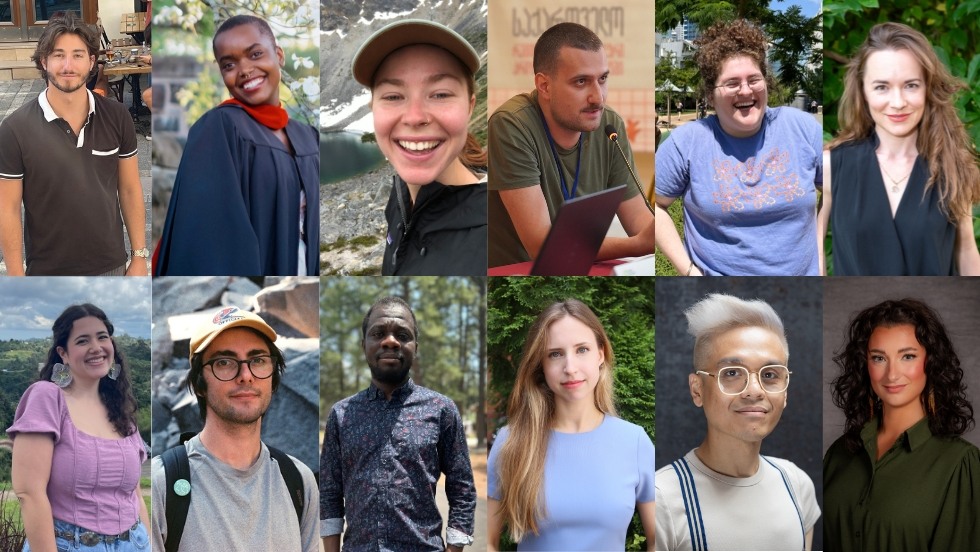Research Interests: Sensory history; Nazi Germany; Holocaust; Armenian Genocide; perpetrators; culture; everyday life; childhood; migration; ego-documents; artifacts; museums; solidarity; comparative literature; sound studies; musicology
James Carl Lagman Osorio’s research breathes life into the sensate worlds of the Nazi Konzentrationslager system in Germany and Austria–particularly the camps of Dachau, Buchenwald, and Mauthausen. Dovetailing historical methods and literary criticism with approaches from related social disciplines, James attunes the sensoria of inmates and perpetrators as heuristic leitmotifs to orchestrate a deep sensory history of activity, entropy, modernity, humanity, and anti-humanity in the KZ system. A counterhistory grounded primarily in ego-documents and artifacts of ordinary people, his research aims to rupture metanarratives and demonstrate how centering the life and afterlife of the senses reveals polyphonic attitudes, textured dynamics, and spectral echoes of concentrationary experience. Other interests include the Armenian Genocide, coming of age and cultural youth labor in Nazi camps, musicking and genocide, Jewish-Filipino relations, and sensory museology. Originally from Tarlac, Philippines, James holds master’s degrees in musicology and performance from the University of Wisconsin-Madison, where he wrote an acoustic history of KZ Dachau for his M.A. thesis and presented a public history-recital project interlacing audiovisual survivor testimonies with his performances of music related to the Armenian Genocide and the Holocaust. In addition, his scholarship has appeared in the International Journal of Armenian Genocide Studies, Journal of Asian American Studies, among others.
